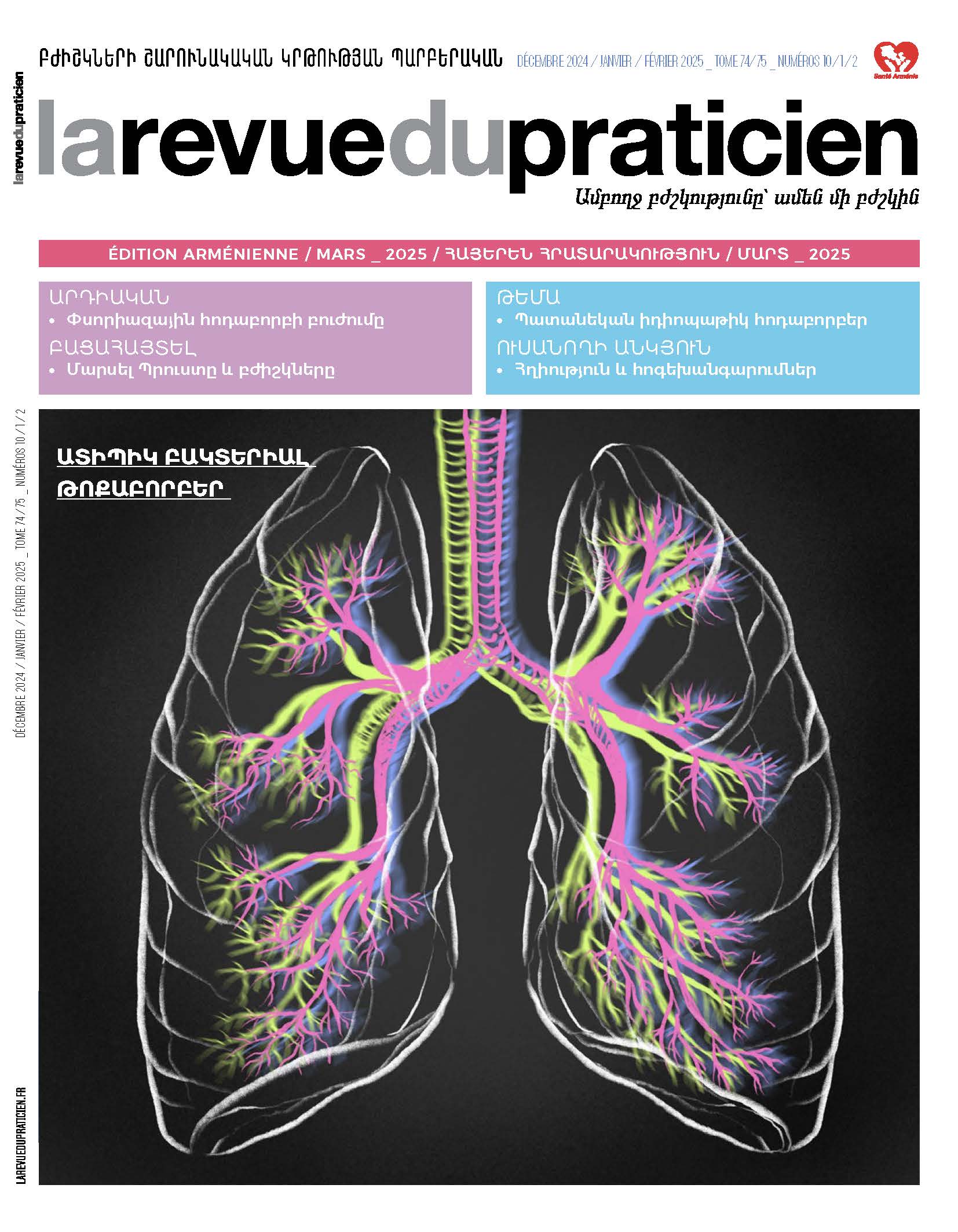Recent advances in the treatment of paroxystic nocturnal hemoglobinuria 6
Éléonore Kaphan, Régis Peffault de Latour.Abstract
Paroxysmal nocturnal hemoglobinuria (PNH) is a rare acquired disorder ofhematopoietic stem cells, characterized by increased sensitivity to the lytic action of complement, corpuscular hemolytic anemia. Main complications are thrombotic events, aplastic anemia and clonal evolution. Development of terminal complement inhibitors (C5 inhibitors), improves prognosis of PNH patient through less thrombotic events, and improves quality of life by tapering transfusion requirement. However, 40% of patients have persisting punctual or regular transfusions needs under C5 inhibitors, due to extravascular hemolysis or insufficient complement blockade. In this context, proximal complement inhibitors (C3, B or D factors) have been developed and show resolution of extravascular hemolysis and maintenance of intravascular hemolysis control. Their place in the therapeutic strategy is still to be defined.
